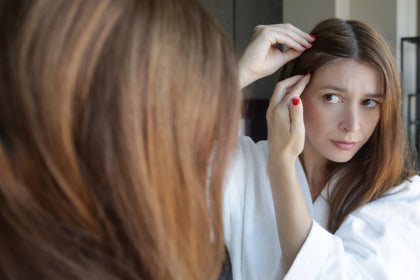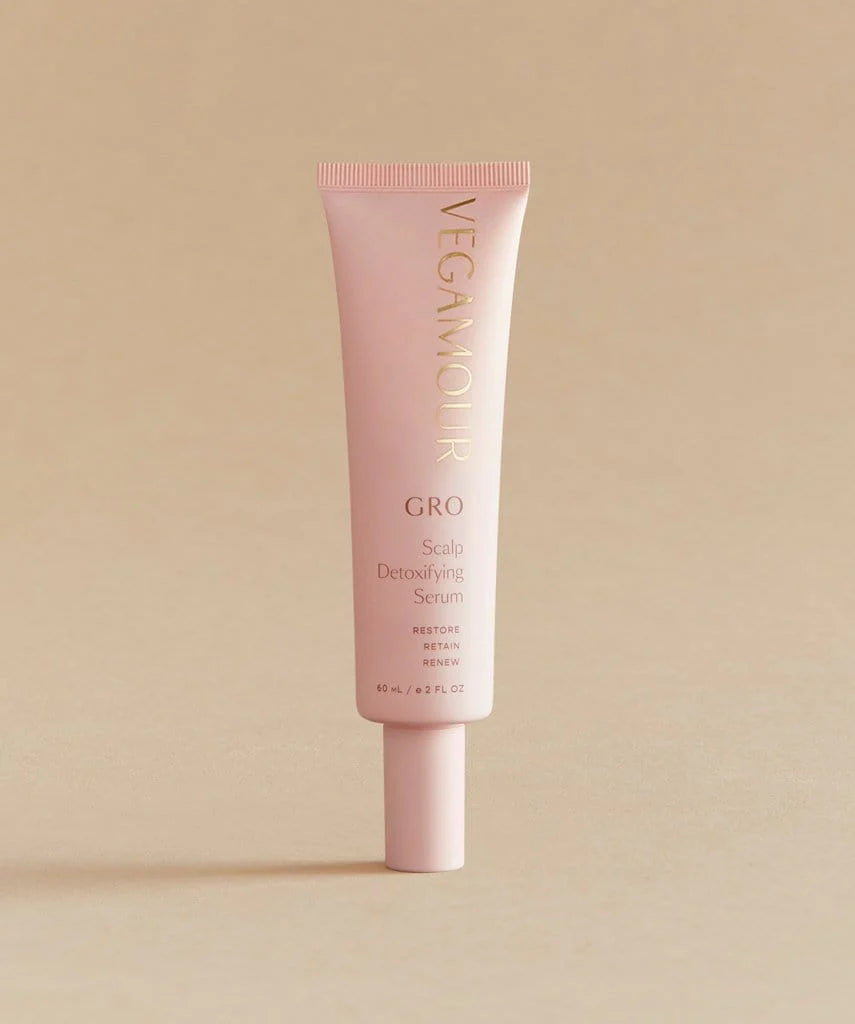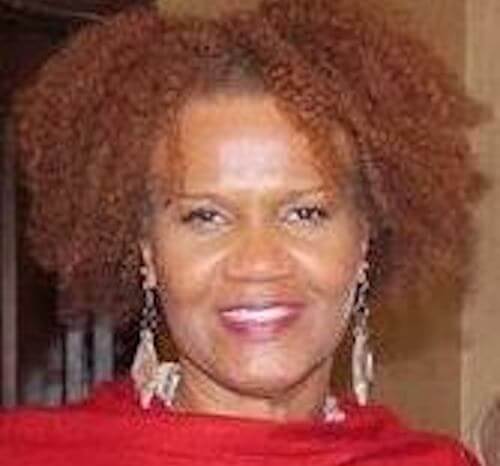Every day when you comb or brush your hair, you notice there is a persistent tender spot on your scalp. It's been happening for a while, and it’s starting to cause you some concern. You might wonder, "Why is my scalp tender in one spot?"
The answer is that any number of reasons could be responsible for scalp soreness. Read on to find out why your scalp might be tender in one spot and what products you should use to maintain a healthy scalp.
#include-related-slider#
What Is Scalp Tenderness?
While scalp tenderness is considered common, it can cause a great deal of pain and discomfort. Scalp tenderness can mean different things to different people. Here are some of its symptoms, which can occur simultaneously.
- Scalp pain
- Throbbing
- Soreness
- Sensitivity
- Inflammation
Explore: The Best Kits for Scalp Health
Reasons for Scalp Tenderness in One Spot
The causes of scalp pain or tenderness in one spot are varied. Here are some of the more common causes of scalp sensitivity.
Styling Methods and Tight Hairstyles
Women who have natural hair, especially Black women, know intimately the term "tender-headed." It's a term given when you wince in pain as your mother combs, brushes, braids or presses your hair with such a fervor that it results in a painful and tender scalp.
Additionally, a lot of adult women love their hair to look snatched. That means it’s pulled about as tight as it can be without ripping your hair out of your head. While some tight hairstyles are very stylish, the constant wearing of protective styles, like a tight ponytail, bun or braids, can result in sensitive scalp skin and also cause stress on the scalp, which can also lead to a more serious condition called traction alopecia. TA is hair loss that is the result of inflamed hair follicles.
“The tighter the scalp, the more sensitivity,” said Erick Orellana, a colorist at Roil Salon in Beverly Hills. “People who pull their hair soon realize it becomes more sensitive."
Migraines
Scalp tenderness is linked with many forms of headaches, including the throbbing pain of migraines. A sore scalp in one spot can be the result of a migraine making your nerves oversensitive, which is known as allodynia or a type of nerve pain. In some cases, areas of the scalp become so sensitive that even a light touch can be painful. Allodynia can make it difficult to wash, comb and brush hair. People also have reported pain when attempting to rest on the affected side of the head when lying down.
Scalp Conditions
Some scalp pain in one spot is caused by conditions, such as skin disorders. Some involve peeling, flaking and scaling of the skin, such as in the case of the autoimmune disease scalp psoriasis or seborrheic dermatitis. You also might experience uncomfortable scalp bumps that are the result of inflammation from eczema or acne.
Although it’s rare, scalp tenderness can also be a sign of skin cell cancers and melanomas. These conditions appear as new or changed moles or stubborn sores. See a doctor right away if you have any of these signs.
Scalp Irritation
The use of some hair products or shampoos can lead to allergic reactions or scalp irritation, which can cause your scalp to be sore in one spot. If you suspect that your shampoo is irritating your scalp, switch to a vegan, gentle shampoo that's free of harsh ingredients, which can be drying to the scalp.
Scalp Infection
Scalp infections, such as bacterial or fungal infections around your hair follicles, including a yeast infection or the presence of mites, also can cause a specific place on your scalp to feel tender. This is known as scalp folliculitis.
Read: Why Does My Hair and Scalp Hurt?
Picking or Scratching the Scalp
When your scalp is irritated, flaking or itching, you may feel the urge to pick or scratch it for relief, which can result in scalp tenderness in one spot. However, scratching and picking can exacerbate inflammation and make scalp pain worsen. If you're feeling unsure about your condition, put your mind and your scalp at ease by scheduling an appointment with a dermatologist.
Ways to Alleviate Scalp Tenderness
Remember, you don't have to live with scalp tenderness. Treatment options and remedies are available.
Avoid Tight Hairstyles
While pulling your hair into tight hairstyles can cause stress on your scalp, so can excessive manipulation of the hair like tugging, stretching and yanking.
“It's important to feel what’s happening to your scalp,” said Orellana. “If you’re having issues and you want to alleviate pain, give your hair a break. Whatever way you wear your hair, it’s always good to switch up ..."
Use a Scalp Detoxifying Serum
A great way to help combat scalp tenderness is to use GRO Scalp Detoxifying Serum, a comprehensive approach to scalp health that incorporates the use of proprietary phyto-actives, vegan proteins and minerals designed to work in tandem for optimal scalp and hair wellness. It's a weekly scalp treatment that is formulated with vegan silk protein that gently removes buildup while providing a semi-permeable moisture barrier that protects the scalp from harmful environmental pollutants. The serum also removes excess oils and rebalances the scalp to set the stage for healthy hair.
Massage the Scalp
Gently massaging the scalp can also alleviate tenderness caused by the pain of tight hairstyles. Massage might also help scalp tenderness from migraines. Consult with your doctor and/or a massage therapist for advice.
See A Doctor About Any Persistent Scalp Issues
Don't hesitate to see a physician for persistent pain. While some scalp issues can be resolved with over-the-counter treatments, some can't. Prolonged scalp issues, like a serious infection or scalp condition, which are not resolved with proper care and/or a scalp detoxification treatment, may need the attention of a medical professional.
A Healthy Scalp Has Many Benefits
When it comes to maintaining a healthy scalp, you want to take it seriously. Why? Because there is always the chance that you might be suffering from more than a temporary scalp irritation.
Listen to your body, or in this case, your scalp. If your scalp is tender in one spot, it could be from any number of causes. If you experience ongoing troubling symptoms, such as excessive itching, red patches, fungal infections or even tension headaches that don't go away or clear up with self-care initiatives, consult with your doctor.
Orellana said the best advice he could give is, “Listen to your scalp. It will tell you what it needs.”
It may take time and some trial and error to find out the best solution for your scalp. In the meantime, pay attention to your scalp by giving it the loving care it deserves and take advantage of the scalp wellness products available.
#include-related-slider#
More From VEGAMOUR
- Dry Scalp But Oily Hair? Try This
- Why a Healthy Scalp Is Important for Healthy Hair
- How to Moisturize Your Scalp
- What to Do If You Have a Scalp Sunburn
Photo credit: triocean/iStock
Back




















